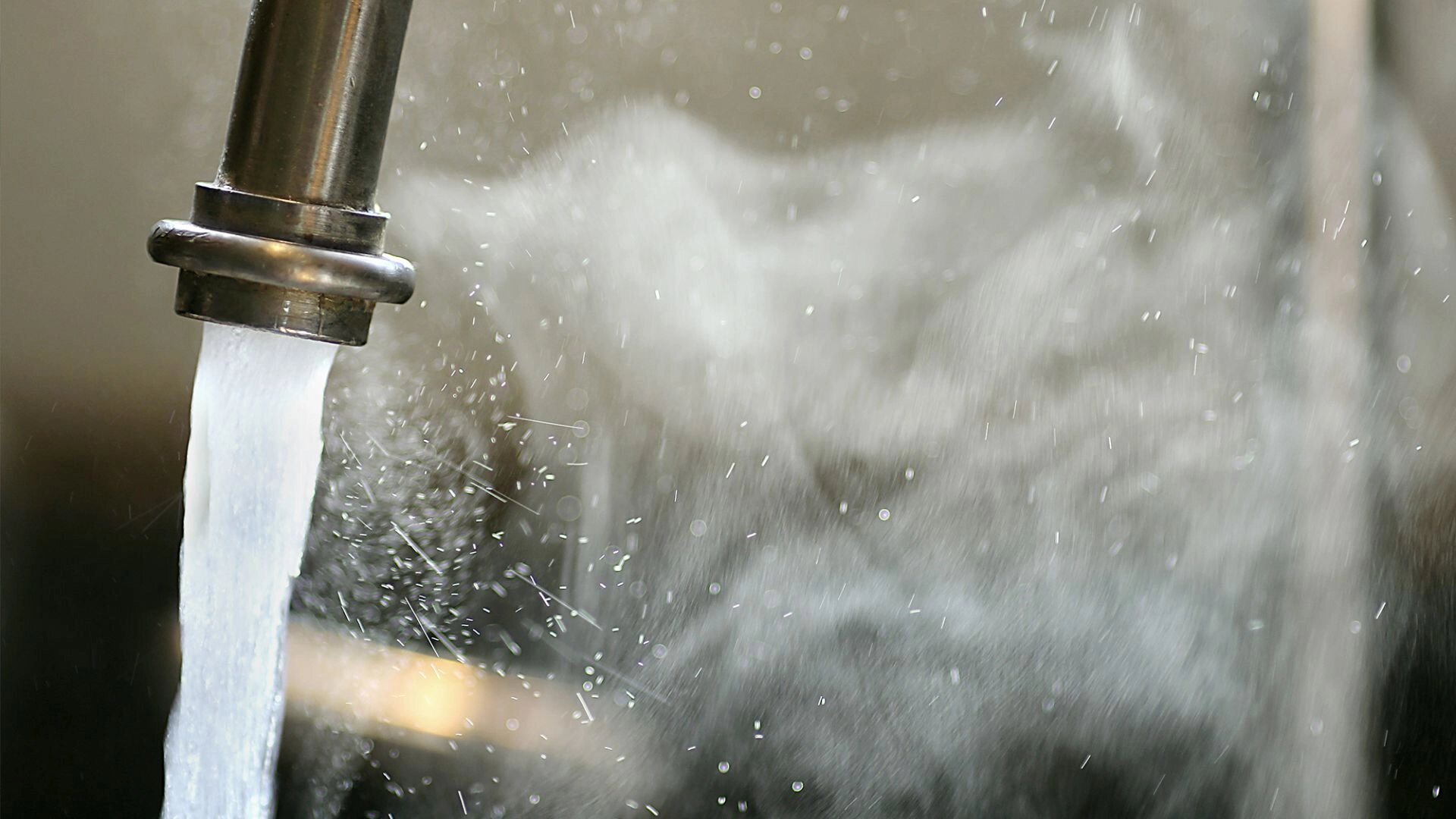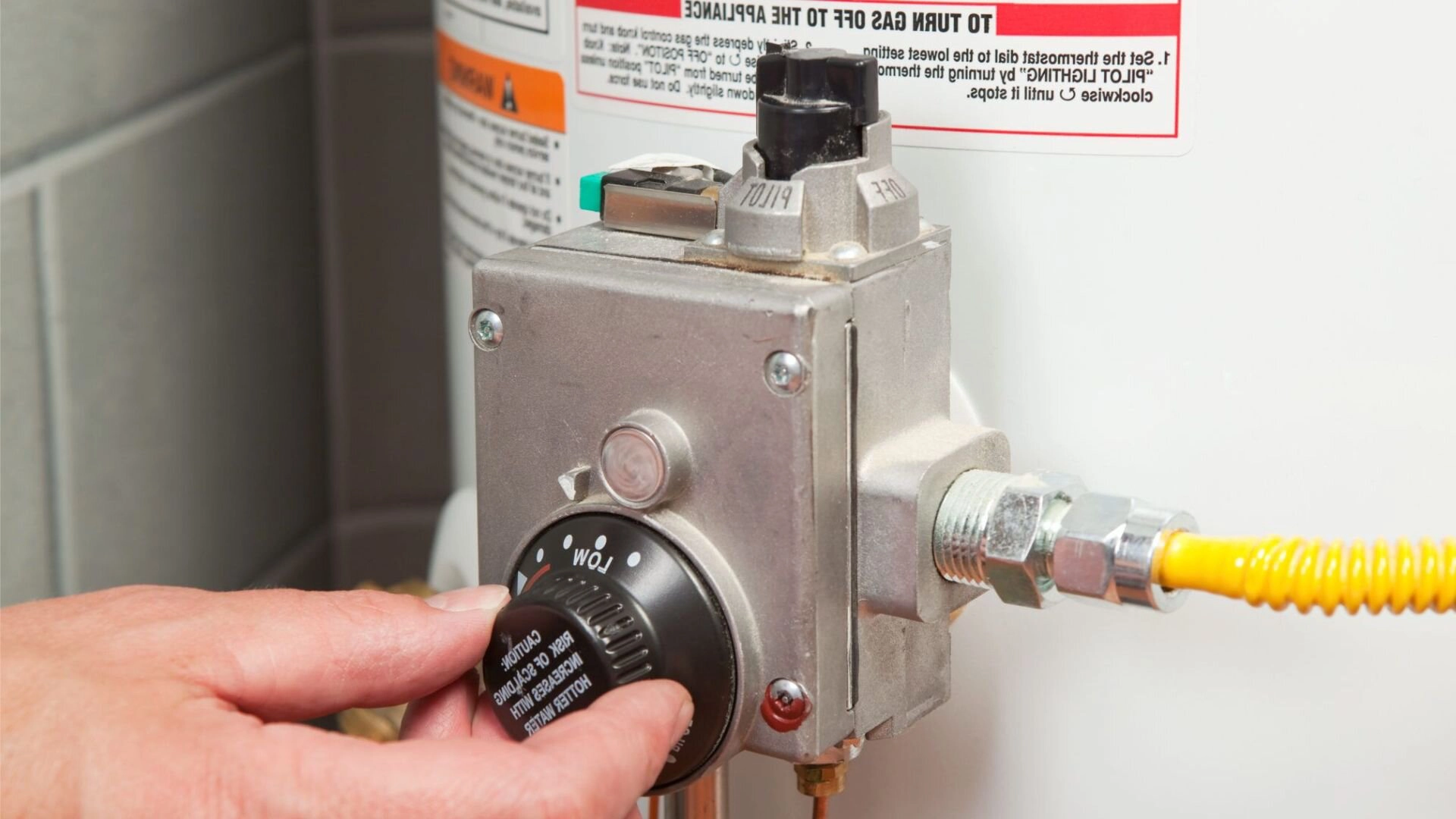What Size Water Heater Do You Need for Your Home’s Hot Water Demands?
When sizing your water heater, closely monitor your household’s average daily hot water usage by tracking shower lengths and other tasks over a week or more. Also, consider the unit’s recovery rate, as you’ll want a model that can quickly reheat the tank if large amounts are used at once to ensure sufficient hot water is available, especially during peak demand periods.
Properly sizing your home’s water heater is an important decision that will impact your family’s comfort and convenience for years. An undersized tank cannot keep up with your hot water needs, leaving you with showers that are too short or other tasks cut short. An oversized heater wastes energy by constantly reheating more water than needed.
This guide will walk you through the key factors to consider when determining the right size water heater for your specific household’s usage patterns and demands . We’ll discuss how to calculate your average daily hot water use, the effect of household size and extra appliances, the role of recovery rate, and size recommendations based on typical household profiles.
Following the simple steps outlined here, you can feel confident you’ve selected a tank that will satisfy your family’s daily hot water requirements without going overboard.
Determine Your Household’s Daily Hot Water Usage
When considering installing a new hot water system in your Sydney home, it’s crucial to understand your household’s specific needs to ensure you select the right size and type of system. The first step in this process is accurately measuring your daily hot water usage. This involves monitoring how much water is used for showers, washing dishes, doing laundry, and other activities over a period of one to two weeks .
Each family member should track the duration and frequency of their showers since the average shower consumes about 75 litres of water. Additionally, you’ll want to observe water consumption for other tasks that require hot water. It’s important to note any variations in water use between weekdays and weekends. After collecting data for at least a week, calculate your average daily water usage, adding a buffer for times when consumption may spike unexpectedly.

Understanding your daily usage is essential for choosing a hot water system that can efficiently meet your needs without wastage, whether it’s a gas hot water system, a heat pump hot water system, or a storage hot water system. If your data shows significant usage, considering a larger system or multiple hot water outlets might be necessary to ensure a continuous hot water supply throughout your home.
Selecting the appropriate system caters to your comfort and optimizes energy consumption, potentially lowering household energy bills . Whether replacing an old system or installing it for the first time, consider all these factors carefully to make an informed decision that enhances your home’s efficiency and comfort.
Consider Your Water Heater’s Recovery Rate
In addition to daily water usage, you’ll also want to consider your water heater’s recovery rate. The recovery rate refers to how quickly the tank can reheat after large hot water draws .
This is important because you’ll want a heater to meet hot water demands, even during peak usage. Gas water heaters typically have very high recovery rates since gas heating elements can reheat water rapidly .
Electric heaters have moderate recovery rates, while heat pump or hybrid models may recover slower. It’s good to match your water heater’s recovery ability to your household’s typical peak demand periods. A faster recovery rate ensures adequate hot water supply if multiple showers are taken back-to-back or other large-draw appliances are used simultaneously.
Common Sizing Guidelines Based on Household Size
When selecting a hot water system for your home, consider the size of your household to ensure you choose a system that can adequately meet your needs without excessive energy consumption.
Small Homes (1-2 Residents)
For smaller homes with 1-2 residents, an electric hot water system with 110-150 litres capacity usually suffices, especially since showers can be spaced apart, reducing the demand during off-peak times.
Mid-Sized Homes (3-4 Residents)
In mid-sized homes with 3-4 residents, opting for a 150-190 litre tank is advisable. During high usage periods, such as morning or evening, the greater recovery rate of a 190-litre tank is beneficial. This size can handle multiple showers consecutively without running out of hot water, ensuring comfort for all members.
Large Households (5+ People)
A robust solution like a 227-litre tank or larger is recommended for households of five or more people. These homes might benefit from integrating a continuous flow system or a heat pump water heater, known for their energy efficiency and capability to heat water on demand. Such systems are particularly effective in managing the high water demands during peak times, ensuring a continuous supply.
Choices in Hot Water Systems
Additionally, storage hot water systems can be an excellent choice for consistently providing hot water without the wait. Whether you choose an electric system, a natural gas model, or an innovative heat pump system, each offers distinct benefits:
- Electric systems are generally simpler to install and maintain.
- Natural gas units are favoured for their lower operating costs and efficiency at heating water.
- Heat pump systems stand out during off-peak times for their energy efficiency, often resulting in lower utility bills

Factors That May Require an Upsized Tank
Several household-specific factors beyond occupant number may require selecting a larger capacity water heater than typical guidelines suggest. Those with unexpectedly high daily usage, like multiple lengthy showers or loads of laundry and dishes done simultaneously, will benefit from a tank with extra storage.
Homes with additional gas or electric water-using appliances , such as an on-demand hot water recirculation system, water softener, or whole-home humidifier, will also increase hot water demands. Likewise, households living in frigid climates where exterior faucets are used frequently in winter may see peak hot water needs that warrant upsizing the tank.
Pools or hot tubs filled with heated water can also almost double daily use. Tracking details on any unique features of your home and daily routines will help ensure you don’t undersize the tank for your family’s actual requirements.
Find the Right-Sized Water Heater for Your Family’s Needs
Properly sizing your home’s water heater requires assessing your household’s unique hot water usage patterns and needs. You can determine the optimal tank capacity by tracking usage details and considering elements like family size, fixtures, climate and peak periods. Selecting a water heater that precisely matches your demands ensures endless hot water comfort without going overboard.
If you need assistance interpreting your usage data or have additional questions about choosing the proper size, please get in touch with the experts on 1300 375 908. Our team can review your specifics and provide a knowledgeable recommendation. We aim to leave all customers confident in their new water heater selection .
FAQs About Water Heater Sizing
Is it better to oversize or undersize my water heater?
It’s generally better to slightly undersize rather than oversize your water heater. An oversized tank wastes energy by constantly reheating more water than needed. An undersized heater risks failing to meet demand, but proper sizing based on your usage should prevent this issue.
Should I size my water heater for summer or winter usage?
You’ll want to size your tank based on winter demands, as this is typically when hot water use is highest. Showers may be longer in colder months than in summer . Account for additional uses, like outdoor faucets or humidifiers, that increase winter loads. This will ensure adequate hot water year-round.
Is a 190-litre (50-gallon) tank sufficient to meet the hot water needs of my entire home?
In many cases, a 190-litre tank can adequately serve the requirements of an average household with 3-4 occupants. However, larger homes or those with above-average water usage may benefit from a larger capacity, such as a 227-litre (60-gallon) tank. It is advisable to monitor your water usage closely. If multiple showers or appliances are used simultaneously, particularly during peak times, a larger tank might help distribute the demand more effectively.